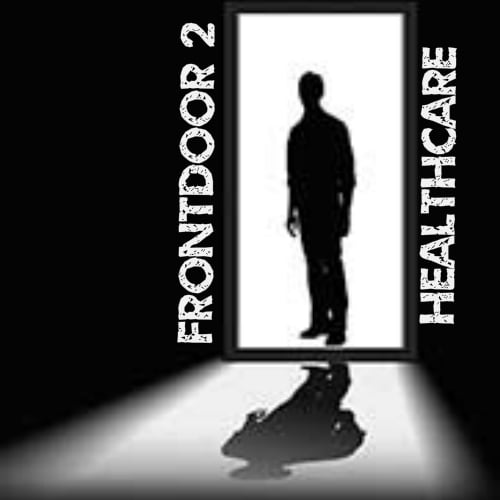Guest post by Shawn Mondoux.
I have been asking myself where is the biggest bang for your buck when it comes to patient satisfaction. This basically gets down to a more fundamental issue which sums itself up as “how much does the patient want to know about and be involved in their own care?”.
The difficulty is that there is no single answer to this question. Doctors like to simplify issues into neat categories, each of which have a clear management plan. This doesn’t exist for the many personalities and emotional complexities of each individual patient. And thus, in order to increase patient satisfaction, we must give of our most sparse commodity: time. Time to learn about our patients, and time to develop tools for communication.
In my experience, patients’ frustration with treatment (when reasonable) is rarely based on variation from evidence-based medicine and more frequently based on the inability of the medical team to involve the patient in their own care and make them aware of the plan moving forward. And in observing my role models in action, I have realized that the doctors that patients love most are those who spend time with them, to answer questions and provide a picture of what the coming days and weeks might look like.
I can only surmise that a well-informed patient is one that calls the clinic less, that returns to the emergency department less frequently, that acts with less anxiety and belligerence on the ward and that depends on fewer drugs to deal with the emotional aspects of pain.
I don’t think doctors should stay at the hospital for hours at the end of the day visiting each patient and having in depth discussions. I believe a good doctor, a well-rounded doctor, is one that values their family life as much as their practice. After all, the human contact element that allows doctors to connect with patients is harnessed best within the sphere of a balanced family life.
So the argument then becomes one of increased physician efficiency versus development of increased healthcare understanding by the patient. I believe there is a reasonable argument for both. There is a certain subset of physicians that are less concerned with the element of patient reaction and prefer to spend their day practicing in a world of medical fact and deductive reasoning. Alternatively, some may prefer filling their schedules in such a way that the high turnover of patient visits does not allow for communication beyond medical fact. In other words, a conversation of unknown duration does not fit well into daily clinic planning. To these practitioners, the medical community overwhelmingly agrees that patient encounters must include discussion surrounding patient concerns. Furthermore, it could be argued in administrative circles that higher efficiency does not represent the rate at which a particular physician can turnover patients in clinic but rather the rate at which we can create satisfied customers.
And on the patient side of the interaction, there needs to be some realization that most questions can be answered by less senior but equally able medical practitioners working for the admitting service. These include junior and senior residents as well as allied health support staff and nursing. And in fact, in my experience, families and patients tend to be more satisfied with the availability, knowledge base, and eagerness of learners practicing under the physician to which they are admitted. In a large tertiary medical center, it is reasonable to expect the staff physician to see the patient a few times a week for short visits. This said, their team is at your disposal at any time and, in almost all cases, the patient can ask to speak directly to a member of the medical care team 24 hours a day, 7 days a week, every single day of the year. Rest assured that should an issue arise that is beyond the level of comfort and experience of those members of the medical team charged with patient care, they have rapid access and proper training to communicate with the physician ultimately responsible for your or your loved one’s care.
Healthcare delivery in Canada is an astoundingly complex system. And despite references of it being broken, it works remarkably well. Sustainability is another issue altogether, but most people, most patients, leave our facilities happy with the care they have received. We still provide some of the best training and medical care this world has to offer.
But like any two factions which can sometimes be at odds with each other, the answer often lies in having some understanding of each other’s position. We doctors carry a heavier portion of this understanding burden because of the oath that we have sworn.
And sometimes we doctors need to be reminded, politely and with the respect one should grant to any human being, that sitting down and taking the time to talk may be the best treatment we have to offer.
Author Bio: Shawn Mondoux is an Emergency Medicine resident living and training in Ottawa, Canada. He’s technically a doctor but prefers if patients call him Shawn.

